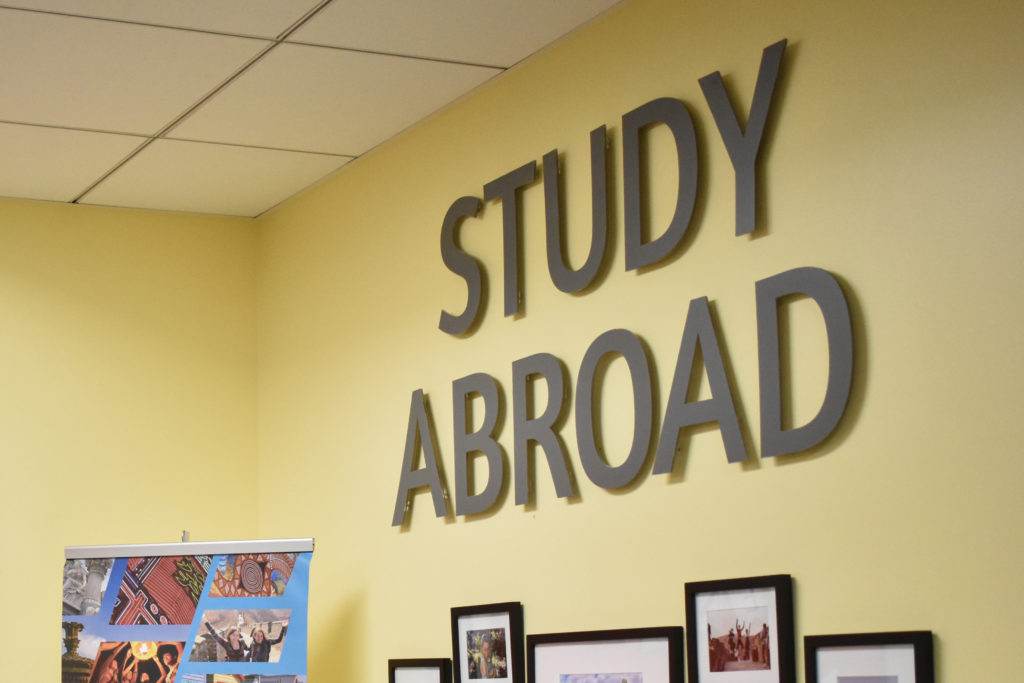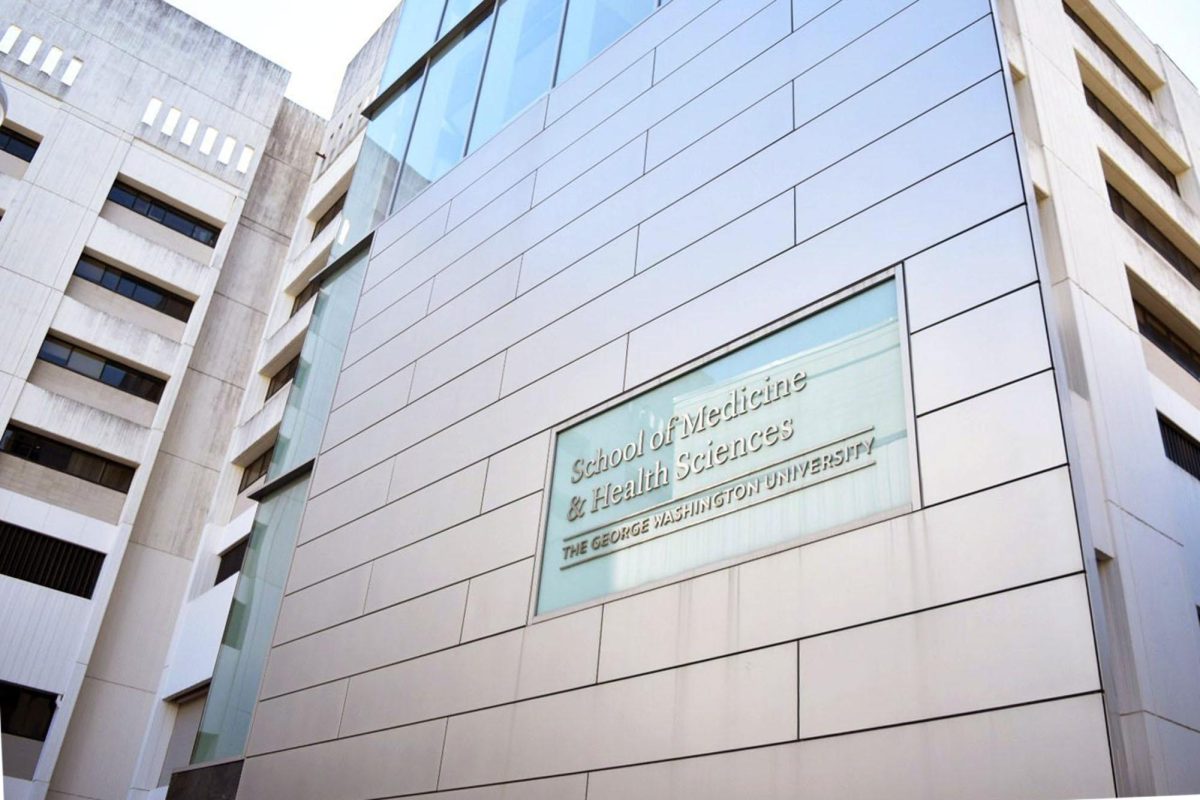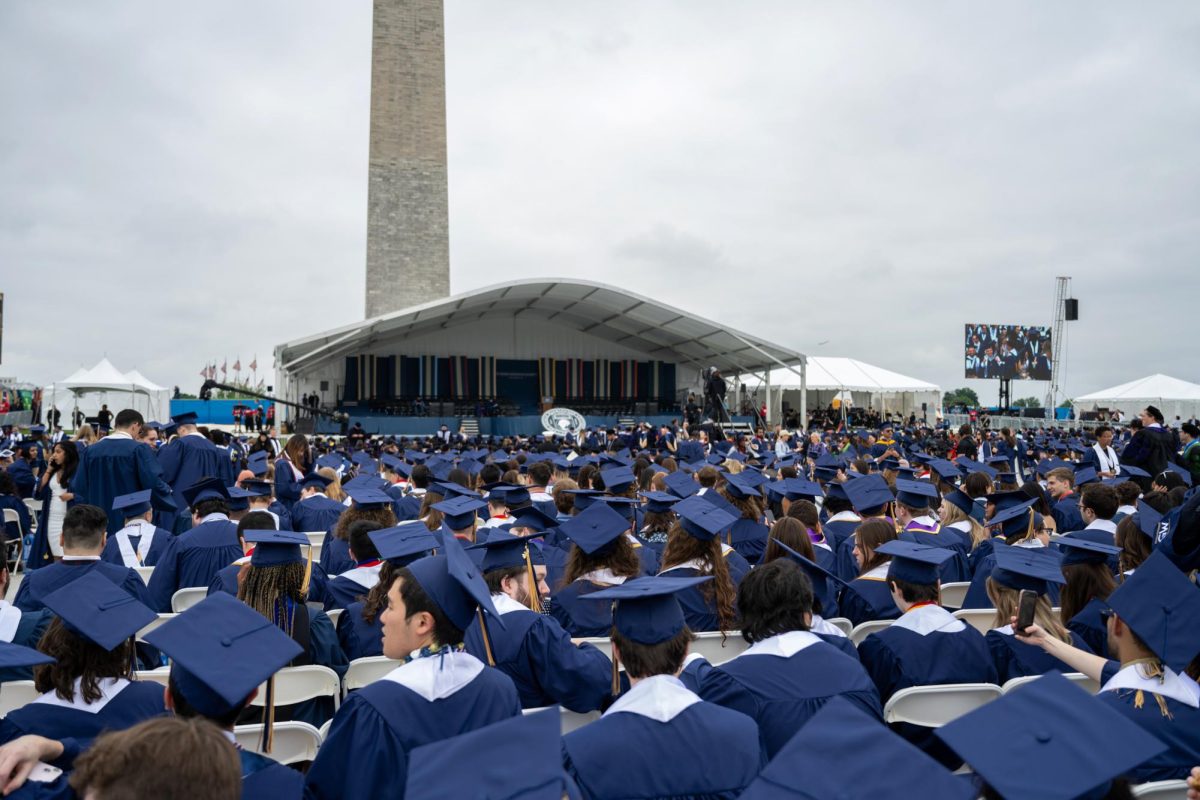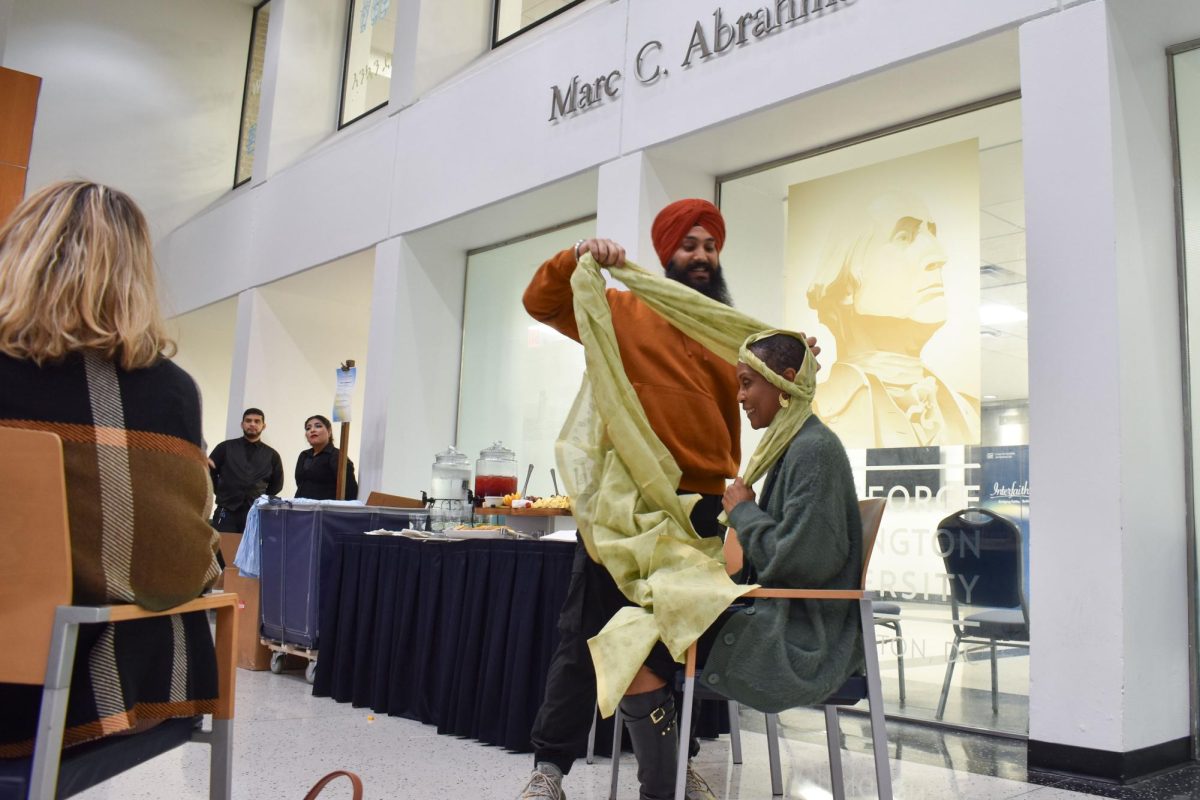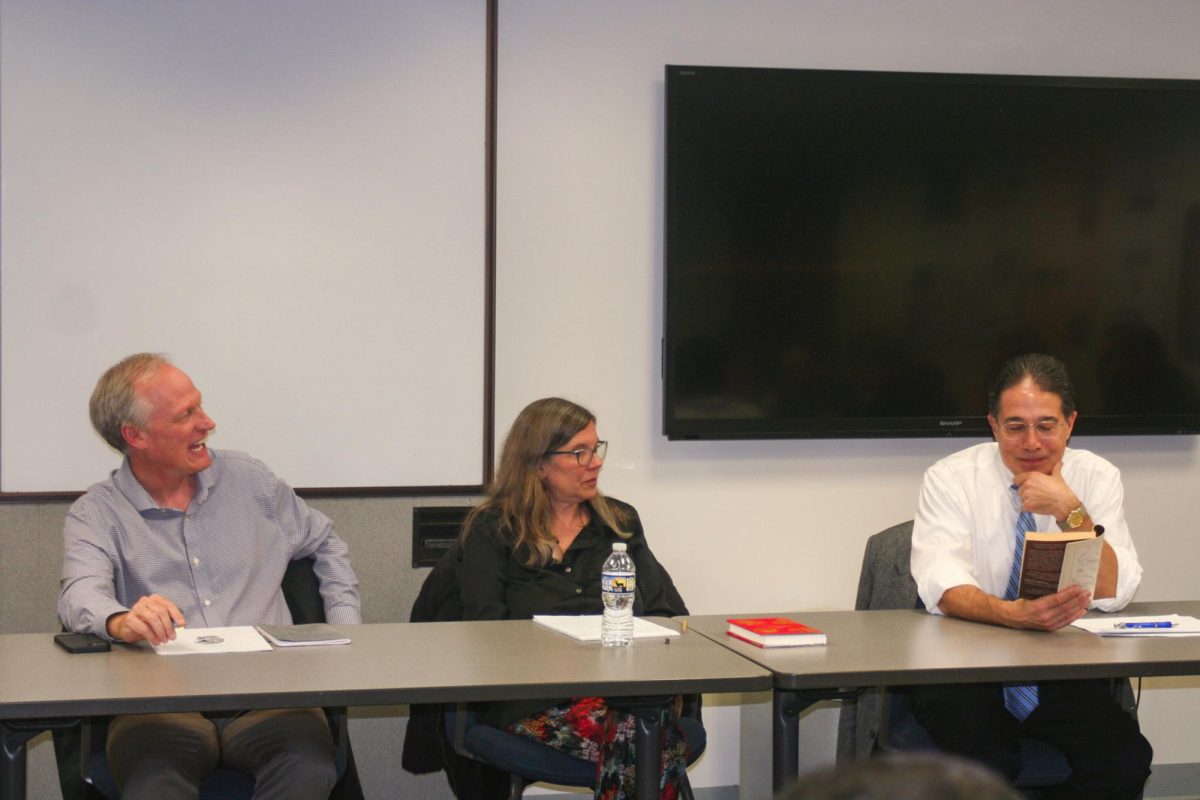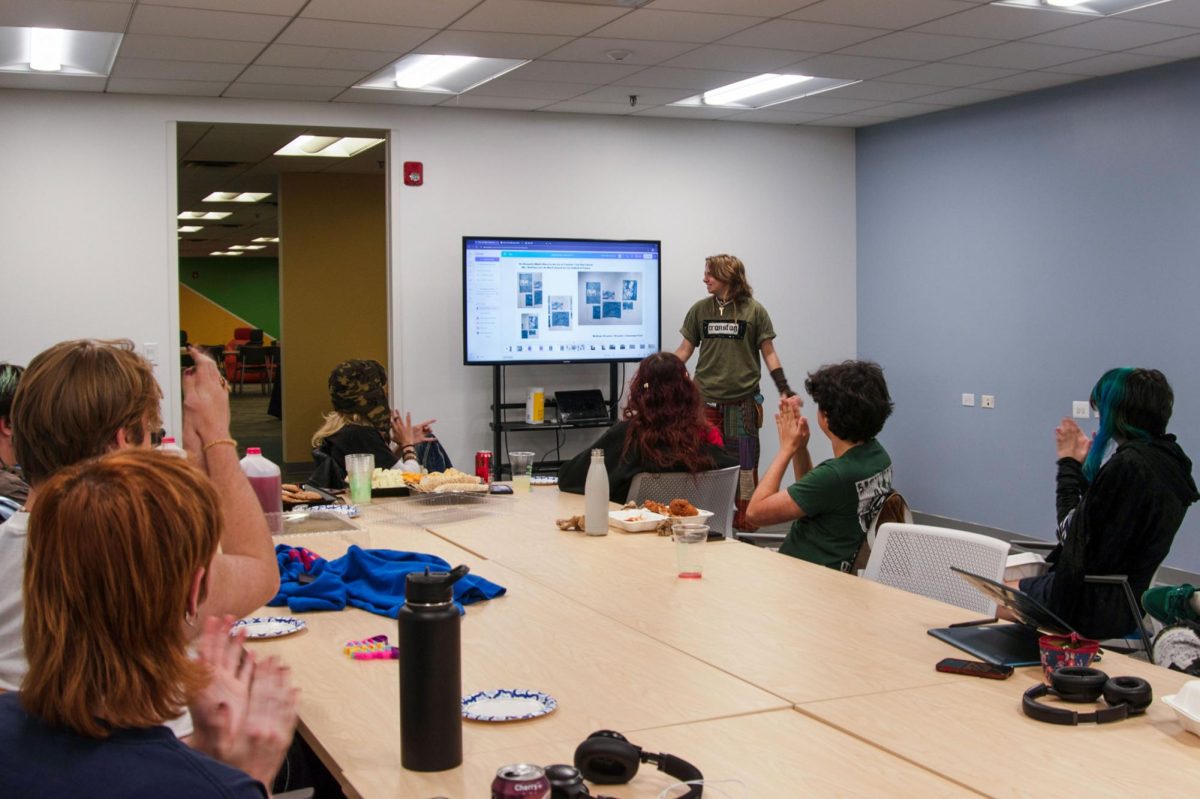Students returning from abroad amid COVID-19 worries said “vague” communication from officials about their future plans for the semester has left their housing and academic status in flux.
Seven students studying in China and Italy, who were called home in February, said officials did not give them the option to continue classes in person or guarantee on-campus housing for them for the remainder of the semester. They said the uncertainty has left their graduation status up in the air because many of their programs fulfilled specific major requirements.
“It’s just been frustrating because it’s like I am alone in this whole process,” Isabella McCallum, a junior studying Chinese, said.
Officials announced last week a ban on international travel for GW-affiliated trips until July 1. Students returning home from abroad are required to stay quarantined off campus for 14 days, while faculty on campus are preparing an online curriculum in case in-person classes are halted after spring break.
Donna Scarboro, the associate provost for international programs, said the office is working with more than 35 students in Italian GW-approved programs to accommodate class changes and financial refunds. Scarboro said most programs will continue through “distance learning” with the exception of a “few” courses, and all students who studied in Italy will be able to finish academic coursework they started abroad.
“We are working with these individual situations in cooperation with academic advising to provide guidance, recommendations and other options to help a few students who need to supplement the online courses,” she said in an email.
Scarboro declined to say the number of students who have returned home from study abroad programs.
Students who traveled abroad said officials have not reassured them that their academic credits will count or transfer to classes back home, and they cannot return to campus because there are “limited” housing options currently available.
McCallum, the junior studying Chinese, said she started a six-month program in Hamilton College’s Associate Colleges in Beijing, China in January. She said officials told her to leave China in mid-February “immediately” and secure a spot in another program, but the alternative abroad locations were outside of Asia and did not match her course curriculum requirements.
McCallum said she transferred to a study abroad program in Rome that offered her the most transfer credits of the options presented to her.
“I’m in a situation where it’s very difficult for me to graduate on time, especially because there are Chinese classes at different levels,” she said. “And those levels have to progress in the way that the Chinese department originally planned.”
She said her original program in China allowed her to transfer five classes toward her major, but the Rome program only allows two classes to count toward graduation – one of which she petitioned to include.
McCallum said officials told her she could not enroll in GW spring classes or receive an exemption for the credits she could not make up in Rome because officials offered her alternative abroad options.
She said she reached out to professors in the Chinese department to find out if she could enroll in courses for the remainder of the spring, but one said re-enrolling would be “a real stretch” and the other told her University rules state she cannot re-enroll.
McCallum said academic advising officials were “very helpful” in providing timely responses about course information and credit fulfillment moving forward, but study abroad officials did not present her with other Asia-based course options that would help her fulfill credits.
She said she will return to the United States on March 13 because she already bought tickets to travel around Europe over spring break. McCallum said she’ll return to campus after the mandatory 14-day period of “self-isolation” officials instructed and will meet with advisers to understand her next steps forward.
Gemma Guttenberg – a junior studying political science enrolled in the Institute for International Education of Students Abroad program in Rome, a GW partner program – said officials requested her to “leave immediately” from Rome mid-February.
Officials emailed students in the Rome program to take IES Abroad courses from home after departing from abroad programs to fulfill their credit requirements, Guttenberg said. She said professors restructured their Rome course syllabi to adapt to an online curriculum, like uploading videos for students to watch so they can finish assignments.
But Guttenberg said some courses, like “Rome is a living museum,” are difficult to study online because each assignment depends on visiting museums and analyzing architecture in the country.
“It’s really hard to keep track of what you’re supposed to be doing – the videos buffer for the whole time, you can barely watch them and there’s no way for the teachers to even know if you’re watching,” Guttenberg said. “It’s just setting students up for failure because it’s just so unorganized and last minute and something that I don’t think they were prepared for either.”
She said officials emailed her that re-enrollment on GW’s campus depends on class availability in each department, and officials are working with the housing department to open up housing space – though it is “extremely limited.” The email states that financial officers are working in tandem with “provider programs to discuss the possibilities of recoverable funds.”
“This is very last minute, but the situation wasn’t that bad in Italy,” she said. “We were not quarantined and it wasn’t, in my opinion, a threat to our safety to stay. Since they didn’t know what they were going to do with us, I really do believe that they should have thought about it first before they told us to just pick up our apartment and leave.”
Liat Wasserman, a junior who participated in the Tel Aviv University Spring Semester Abroad, said officials instructed the group to stay quarantined in their Tel Aviv residence halls for 10 days. She said there was initially little instruction as to how students should spend their time, get food or complete their courses while staying in Israel.
The Health Ministry in Jerusalem has confirmed 17 COVID-19 cases in Israel as of March 7, and more than 70,000 individuals are quarantined in the country.
“At the beginning of my quarantine my friends and I didn’t feel very supported by the University mostly because there was a lot that wasn’t clear in terms of how we were going to spend our time,” Wasserman said.
She said professors were told to give students “more flexibility” in accepting assignments for students who had to stay in their residence halls and away from class. A $100 meal stipend per day was given to students living off campus, and programs gave students living in residence halls two hot meals per day, Wasserman said.
She said quarantined students use Moodle, a managing and education system, to keep track of assignment dates and view PowerPoint lectures. Wasserman said her non-GW affiliated friends who are still able to go to class send her notes to help her study.
“It feels more difficult than actually being in class because I’m missing out on a ton of context and explanation of readings,” she said. “I wish that they would have found a way to record lectures for us as well.”


